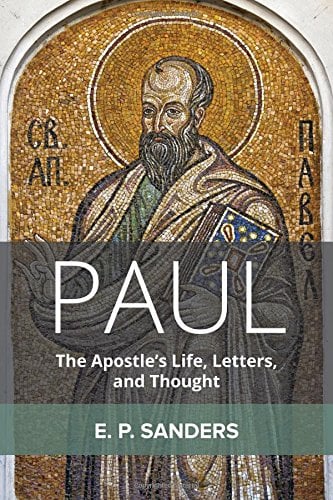p. 175— The M.O. for each following chapter will be: 1) explain the form of the letter; 2) reconstruct the sequence of events which led up to the letter; 3) identify the presuppositions of the letter; 4) listing Paul’s standard views and presuppositions which will let the individuality of each letter stand out. p. 176— all Paul’s letters have the same basic parts except Galatians which is missing the thanksgiving: 1) addressor and colleagues and addressees; 2) opening benediction; 3)... Read more









